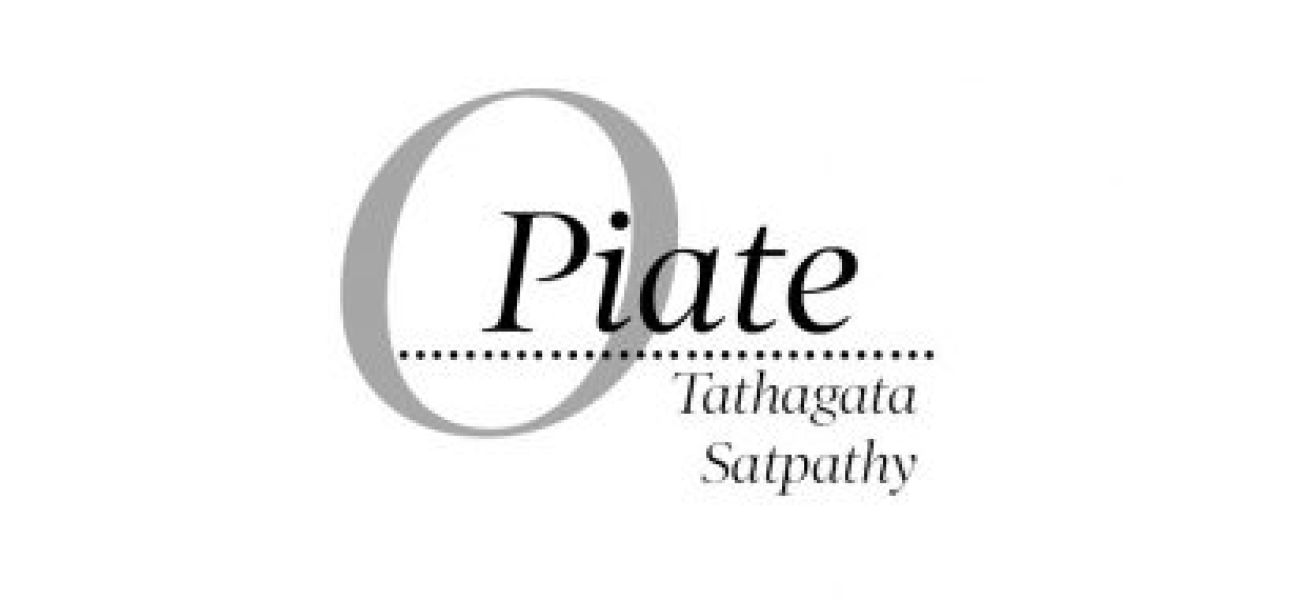Rules governing actions driven by a desire for revenge or retaliation. Guidelines for seeking revenge or getting back at someone.
"Three new Bills were introduced by Amit Shah in Lok Sabha, proposing automatic removal of leaders if jailed for 30 days on serious charges."
August 25th 2025.

Last week, the Lok Sabha saw the introduction of three new Bills by Union Home Minister Amit Shah before Parliament adjourned. These Bills aim to establish a legal process for the automatic removal of the Prime Minister, Chief Ministers, and other ministers if they are imprisoned for 30 days on charges that carry a minimum sentence of five years.
The three Bills – the Government of Union Territories Bill 2025, the Constitution Bill 2025, and the Jammu and Kashmir Reorganisation Bill 2025 – propose that the President would have the authority to remove the Prime Minister, while the Governor or Lieutenant Governor of the respective state or Union territory would be responsible for removing Chief Ministers and state cabinet ministers.
Many have raised concerns about these Bills, questioning the intentions behind them. It is clear that the use of the term "Prime Minister" is meant to mislead and confuse those who are not well-informed about the process of appointing the President and Governors.
As a result, the Bills have been sent to a Joint Committee of Parliament consisting of 21 members from the Lok Sabha and 10 from the Rajya Sabha for further examination. The government has defended the Bills, claiming that they are necessary for promoting integrity and honesty in public offices. However, the Opposition has strongly criticized the Bills, with some members even tearing copies of the drafts and protesting in the House.
Their concerns are not unfounded, as recent years have seen a rise in the misuse of central investigative agencies to target Opposition leaders. This has resulted in several sitting Chief Ministers and ministers facing false allegations and prolonged periods of imprisonment, only to be released without any conviction.
This trend is evident in cases like that of Arvind Kejriwal and Hemant Soren, who were both arrested while serving as Chief Ministers. However, they were later released and cleared of all charges, with Soren even going on to reclaim his position as the CM of Jharkhand after winning the state election.
This proves that in a democracy, the will of the people ultimately prevails. While leaders may be unfairly punished by those in power, they can still make a comeback if they have the support of the people. We have seen this in the case of the late J Jayalalithaa, who was convicted by a lower court but later acquitted by the High Court, allowing her to resume her position as Chief Minister.
However, there are growing concerns that these Bills could be used to selectively target Opposition leaders and destabilize elected state governments. The Opposition parties, including Congress, Samajwadi Party, and Aam Aadmi Party, have accused central agencies like the CBI, IT, and ED of unfairly targeting only Opposition politicians. Additionally, the Bills allow for the removal of ministers based on their arrest alone, without the need for a conviction, which goes against the existing laws.
While the government claims that these Bills are aimed at promoting integrity, critics argue that they are merely a strategic move to gain more control over state governments. If enacted, these laws could lead to a significant erosion of India's federal structure, giving unelected Governors the power to remove CMs based on mere allegations.
Moreover, these Bills also pose a threat to the basic principle of "innocent until proven guilty" in our legal system. In a democracy, the people have the power to decide who should govern them, and this power can shift from one party to another. It is concerning that such laws could be misused by political parties to oppress and seek revenge on their opponents when they come into power.
In conclusion, the introduction of these Bills has sparked a nationwide debate, with many questioning the government's true intentions. It is essential to ensure the protection of our democracy and federal structure while also upholding the principles of justice and fairness. The ultimate losers in this power struggle between political parties will be the nation and its people.
The three Bills – the Government of Union Territories Bill 2025, the Constitution Bill 2025, and the Jammu and Kashmir Reorganisation Bill 2025 – propose that the President would have the authority to remove the Prime Minister, while the Governor or Lieutenant Governor of the respective state or Union territory would be responsible for removing Chief Ministers and state cabinet ministers.
Many have raised concerns about these Bills, questioning the intentions behind them. It is clear that the use of the term "Prime Minister" is meant to mislead and confuse those who are not well-informed about the process of appointing the President and Governors.
As a result, the Bills have been sent to a Joint Committee of Parliament consisting of 21 members from the Lok Sabha and 10 from the Rajya Sabha for further examination. The government has defended the Bills, claiming that they are necessary for promoting integrity and honesty in public offices. However, the Opposition has strongly criticized the Bills, with some members even tearing copies of the drafts and protesting in the House.
Their concerns are not unfounded, as recent years have seen a rise in the misuse of central investigative agencies to target Opposition leaders. This has resulted in several sitting Chief Ministers and ministers facing false allegations and prolonged periods of imprisonment, only to be released without any conviction.
This trend is evident in cases like that of Arvind Kejriwal and Hemant Soren, who were both arrested while serving as Chief Ministers. However, they were later released and cleared of all charges, with Soren even going on to reclaim his position as the CM of Jharkhand after winning the state election.
This proves that in a democracy, the will of the people ultimately prevails. While leaders may be unfairly punished by those in power, they can still make a comeback if they have the support of the people. We have seen this in the case of the late J Jayalalithaa, who was convicted by a lower court but later acquitted by the High Court, allowing her to resume her position as Chief Minister.
However, there are growing concerns that these Bills could be used to selectively target Opposition leaders and destabilize elected state governments. The Opposition parties, including Congress, Samajwadi Party, and Aam Aadmi Party, have accused central agencies like the CBI, IT, and ED of unfairly targeting only Opposition politicians. Additionally, the Bills allow for the removal of ministers based on their arrest alone, without the need for a conviction, which goes against the existing laws.
While the government claims that these Bills are aimed at promoting integrity, critics argue that they are merely a strategic move to gain more control over state governments. If enacted, these laws could lead to a significant erosion of India's federal structure, giving unelected Governors the power to remove CMs based on mere allegations.
Moreover, these Bills also pose a threat to the basic principle of "innocent until proven guilty" in our legal system. In a democracy, the people have the power to decide who should govern them, and this power can shift from one party to another. It is concerning that such laws could be misused by political parties to oppress and seek revenge on their opponents when they come into power.
In conclusion, the introduction of these Bills has sparked a nationwide debate, with many questioning the government's true intentions. It is essential to ensure the protection of our democracy and federal structure while also upholding the principles of justice and fairness. The ultimate losers in this power struggle between political parties will be the nation and its people.
[This article has been trending online recently and has been generated with AI. Your feed is customized.]
[Generative AI is experimental.]
0
0
Submit Comment





